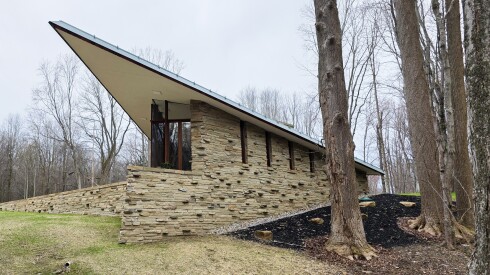Meaning “a place where one can enjoy the traditions of times past and rest one’s soul,” Rak Ko Jae certainly lives up to its name. Styled after a Chosun Dynasty–era house, the 130-year-old hanok (traditional Korean house) was used by a secret society during the Japanese occupation of Korea before World War II as a place to study and preserve Korean language and culture. In 2003, a master architect, designated by the Korean government as a “Human National Treasure,” renovated the hanok, and now it’s one of the most picturesque places to stay in all of Korea’s capital. Stepping through the gate into the peaceful courtyard feels like going back in time, and the lotus pond, yellow-mud sauna, and traditional Korean cuisine only add to the anachronistic feeling. Guests staying at the small and intimate Rak Ko Jae can take part in many elements of traditional Korean culture such as making kimchi, trying on a hanbok (traditional Korean clothing), or experiencing an afternoon tea ceremony.


























